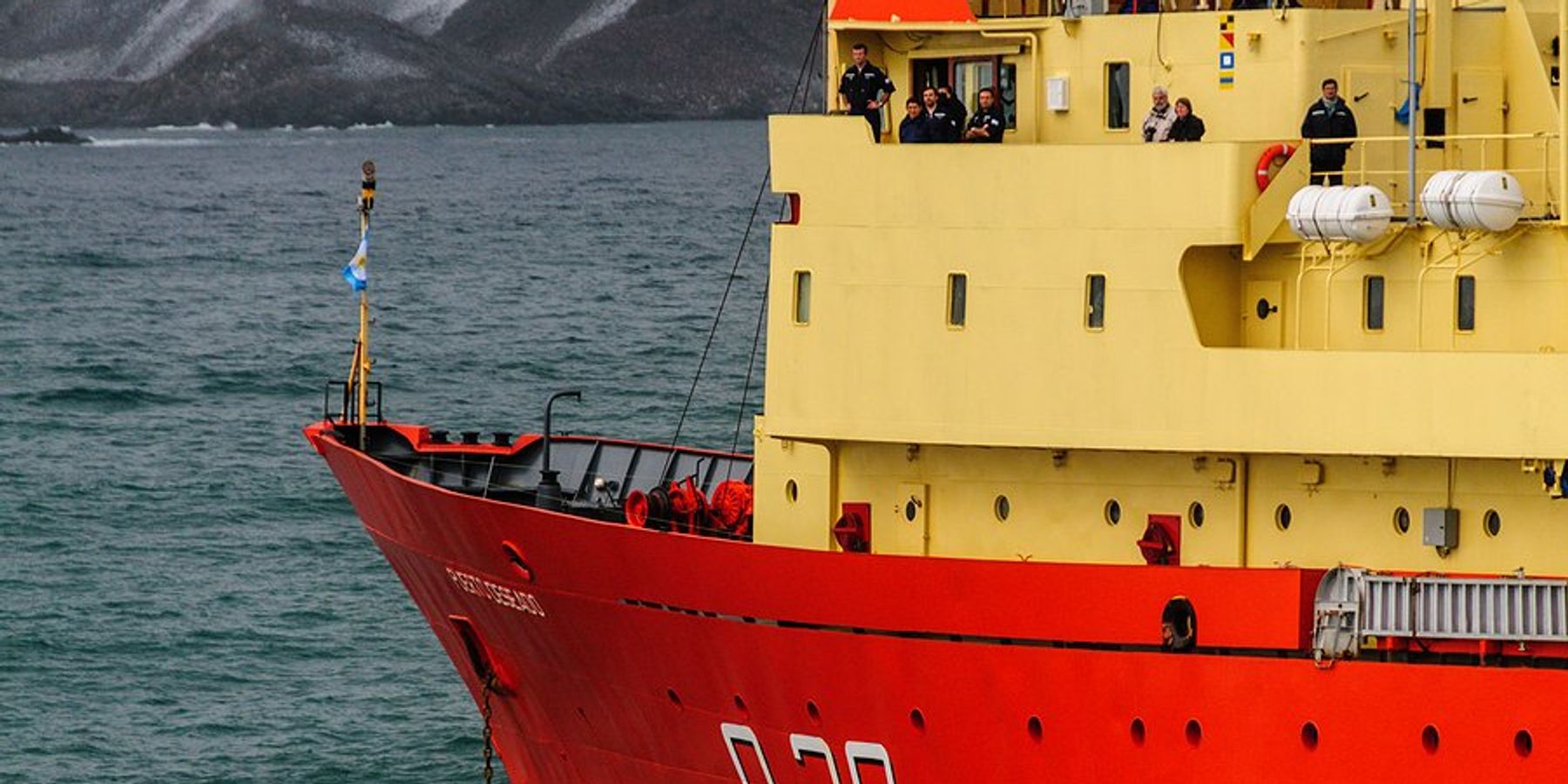
The U.S. may lose its only Antarctic research ship as budget cuts take hold
President Trump’s proposed budget would end funding for the Nathaniel B. Palmer, the last American icebreaker dedicated to Antarctic science, potentially leaving the U.S. without a research vessel in one of the world’s most critical climate zones.
Raymond Zhong reports for The New York Times.
In short:
- The Trump administration plans to decommission the Nathaniel B. Palmer, the U.S.’s only Antarctic research icebreaker, and pause development of a successor ship, ending nearly 50 years of continuous American oceanographic presence in Antarctica.
- Without the Palmer, American scientists would be largely dependent on foreign vessels, which are limited and already in high demand, threatening future research and the development of early-career polar scientists.
- Other nations, including China and South Korea, are expanding their polar fleets, raising concerns that the U.S. will fall behind in studying the Southern Ocean, a key driver of global sea-level rise.
Key quote:
“It’s just so odd that we’re contracting at a time when other nations are recognizing the importance of advancing knowledge in these areas.”
— Phil Bart, geophysicist at Louisiana State University
Why this matters:
The Southern Ocean regulates the planet’s temperature and plays a central role in sea-level rise. Studying it requires specialized vessels like icebreakers that can reach remote, ice-covered waters. Losing access means losing real-time insight into how fast coastal cities might flood or how ecosystems could shift. As other nations expand their presence in Antarctica, pulling back weakens U.S. influence in climate science and international research efforts. Without a functioning fleet, scientists risk falling behind on discoveries that shape everything from weather patterns to future policy.
Read more: Antarctica’s future as a science haven grows uncertain amid U.S. budget cuts and global competition













